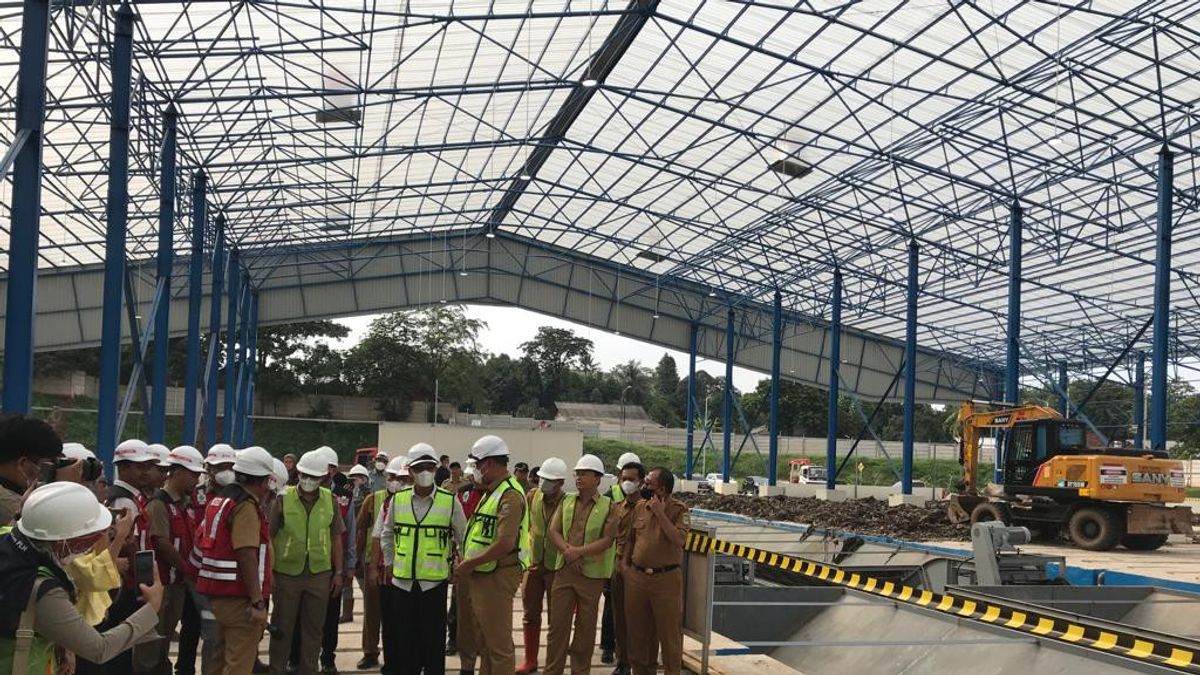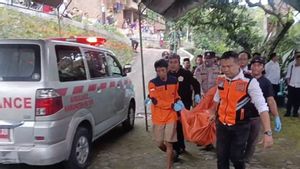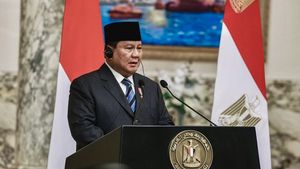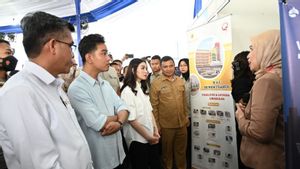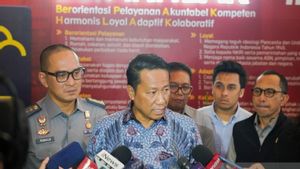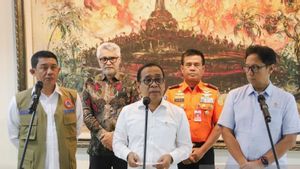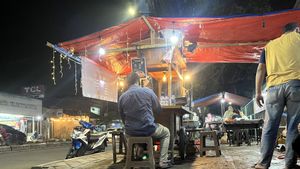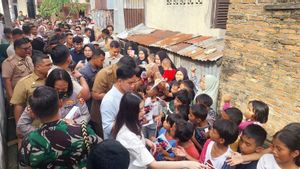BEKASI - Acting Governor of DKI Jakarta Heru Budi Hartono inspected the construction site for landfill mining and Refuse Derived Fuel (RDF) Plant waste processing facilities in Bantargebang, Bekasi, West Java.
Monitoring the waste processing facility at the Bantargebang Integrated Waste Disposal Site (TPST) was carried out by Heru together with the Acting Mayor of Bekasi Tri Adhianto, Head of the DKI Environmental Agency Asep Kuswanto.
Heru's visit to the location of the RDF Plant was carried out after receiving President Joko Widodo's deposit on the problem of processing Jakarta's waste which has not been running optimally in recent years.
As of today, the progress of the RDF Plant development has reached the commissioning stage or testing the comprehensive waste processing plant into coal equivalent fuel. Overall, the construction of this waste processing plant has reached 98 percent.
"The progress is already 98 percent, it will be operational soon, the target is this January. Actually, since last month the trial has been tested, and it can (process) 2,000 tons of waste. Namely, 1,000 tons from within (is located at TPST Bantargebang) or old waste that already exists to be processed, then 1,000 tons of new waste from Jakarta," said Heru at the location, Monday, January 2.
Meanwhile, Head of the DKI Environmental Agency, Asep Kuswanto, explained that the RDF Plant is included in the green energy project currently being encouraged by the government. 2,000 tons of processed waste will be able to produce around 700-750 tons of fuel.
"So, 1,000 tons of old waste and 1,000 tons of new waste are processed into fuel that can replace coal. This is part of a new energy project. We hope that the final result can be at 750 tons of RDF," explained Asep.
So far, the DKI Provincial Government will cooperate with two companies as optekers or parties who buy the results of the Bantargebeng RDF Plant, namely PT Indocement Tunggal Prakarsa and PT Solusi Bangun Indonesia (SBI).
"Hopefully in the near future we will be bound through a cooperation agreement between us, the Department of Environment and two cement factories in Indonesia. The distribution of 625 tons to Indocement, the remaining 75 to PT SBI. However, we are trying to continue to increase the yield to 750 tons," he added.
For information, the waste processing process into RDF consists of screening (screening), sorting (separating), melting (shredding), and drying (dering) stages. The quality of the resulting RDF will meet technical specifications for the cement industry, including the minimum batch value of 3,000 kcal/kg, a maximum water level of 20 percent, and a maximum size of 5 centimeters.
The English, Chinese, Japanese, Arabic, and French versions are automatically generated by the AI. So there may still be inaccuracies in translating, please always see Indonesian as our main language. (system supported by DigitalSiber.id)
Most Popular Tags
#Prabowo Subianto #New Year #Mother's Day #nataru #NatalPopular
24 Desember 2024, 00:21
24 Desember 2024, 00:18
24 Desember 2024, 00:24
